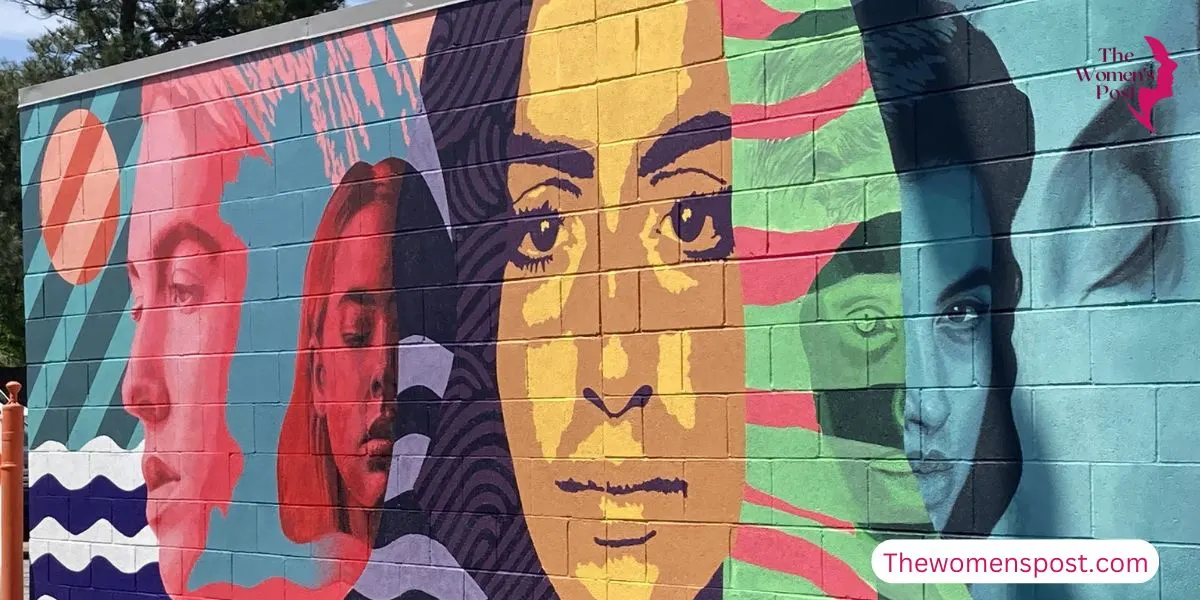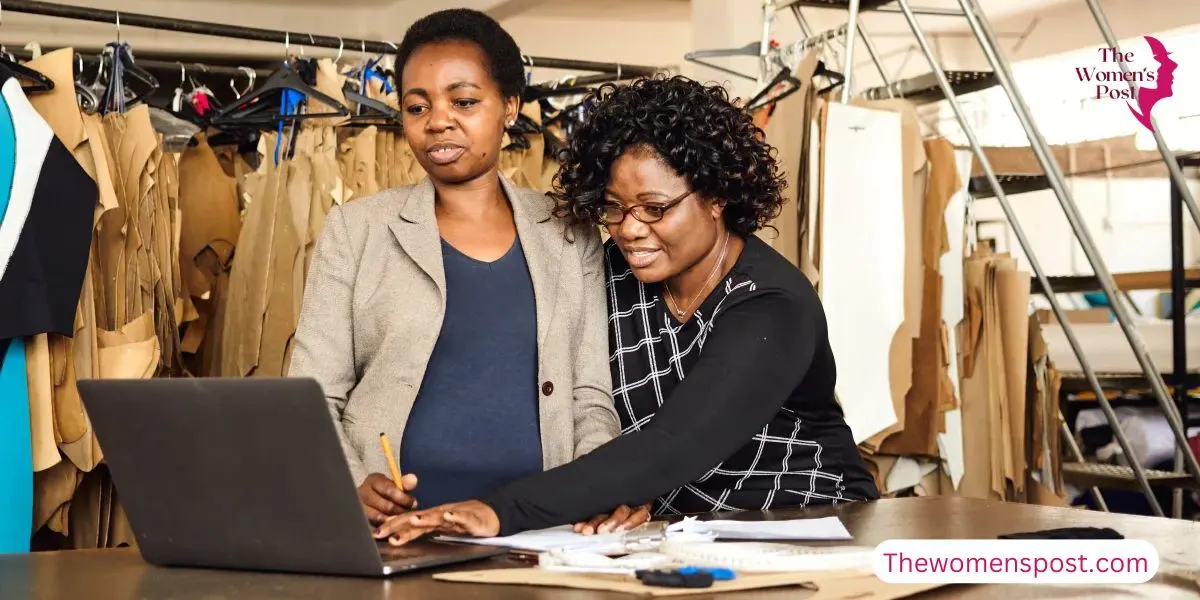More Than Just Fandom: The Rise of Women’s Voices in K-pop Culture

Pop culture is ubiquitous. From viral TikTok dances to chart-topping tunes by worldwide giants such as BTS, Blackpink, and Taylor Swift, it’s no surprise that pop culture, particularly K-pop, has swept the world. But, behind the catchy tunes and stunning graphics, there’s something more profound at work: its impact on how women perceive themselves, their identities, and their positions in the world.
So, how do K-pop and worldwide pop culture influence women’s identities? Let’s break it down in a way that’s relevant and authentic.
Redefining Beauty Standards
We’ve all seen K-pop idols’ immaculate, glass-skin beauty — dewy cheeks, sharp jawlines, and easy style. These photos flood social media, influencing trends and, in some cases, creating unreasonable expectations. Many young ladies are motivated and pressured by these appearances.
On the one hand, K-pop has fuelled a surge in skincare regimens and self-care practices. Women feel empowered to make healthy investments in their appearance by experimenting with cosmetics, clothes, and personal style. On the other hand, the constant depiction of “perfect” bodies and looks can instill feelings of inadequacy, trapping some in a never-ending cycle of comparison.
The good news is that there is a rising counter-movement within the fanbase. Influencers and followers are creating conversations about self-love, body positivity, and the value of accepting natural beauty. It’s a tug of war between aspiration and authenticity, but the conversation is being place.
Empowerment with Music and Messages
Music has always been an effective instrument for shaping identity, and K-pop is no different. BTS promotes mental health awareness with songs like Epiphany and Magic Shop, encouraging fans to accept their real selves. Blackpink’s Kill This Love delivers a powerful message about breaking out from harmful relationships.
For many women, these hymns have become personal soundtracks. They find power in the lyrics and use them as mantras to help them negotiate relationships, work challenges, and personal growth. It’s more than simply music; it provides comfort and motivation.
Creating safe spaces for expression
K-pop fandoms are more than just fan clubs; they are lively communities where women feel a feeling of belonging. Platforms such as Twitter, Instagram, and Discord have become safe areas for people to share their thoughts, fan art, and personal experiences without being judged.
These online spaces encourage women to express themselves, whether it’s about their favourite heroes or larger societal concerns. The combined power of these fandoms has also fuelled worldwide action, such as BTS’s Love Myself campaign, which is partnered with UNICEF. Women aren’t just consuming culture; they’re utilising it to drive change.
Challenging Gender Norms
One of the most intriguing characteristics of K-pop is its variable gender presentation. Male celebrities frequently use cosmetics, experiment with androgynous clothes, and freely express their emotions, challenging traditional male stereotypes. Meanwhile, female idols like as Hwasa defy the “cute and submissive” image by displaying assertive, unabashed confidence.
For women, this provides opportunities to reassess and reinvent their own identities. It encourages people to defy gendered stereotypes and embrace a broader range of self-expression.
Global Influence meets Local Identity
While global pop culture has an undeniable impact on women’s identities, it does not obliterate local cultures; rather, it combines with them. In India, for example, fans combine K-pop-inspired design with traditional dress, resulting in a distinct hybrid that honours both countries. Women choose and select what appeals to them, creating identities that are global yet very personal.
Finally, the impact of K-pop and pop culture on women’s identities is multifaceted. It is a combination of inspiration, pressure, empowerment, and revolt. What’s the important takeaway? Women are not passive consumers; instead, they actively interact, adapt, and change these influences to develop bold, complex, and distinctive identities.
So, the next time you blast a Blackpink anthem or practise a BTS dance routine in your room, remember that you aren’t merely following a fad. You are a member of a worldwide movement that is changing the way women perceive themselves and the world around them.
Also read: Why Women Need to Prioritize Sleep for Better Health?









